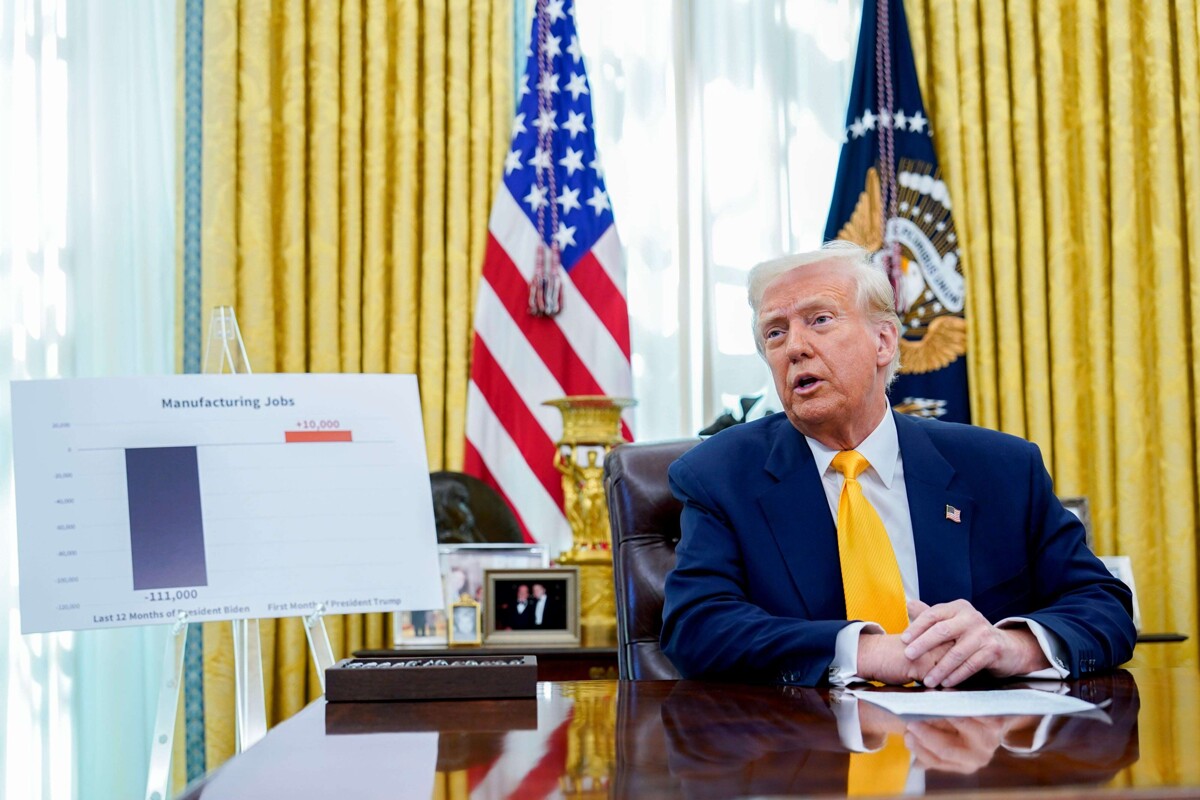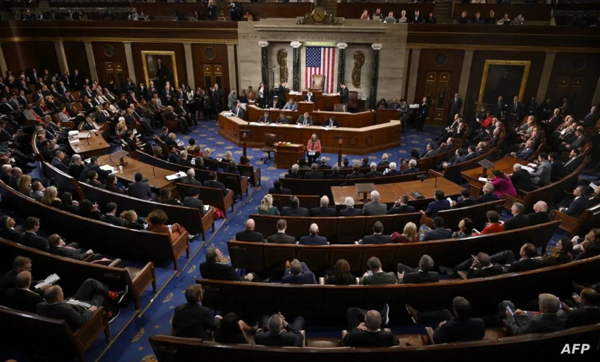
Over the last few decades, the United States strategy of outsourcing production and relying on global markets has proven to be flawed. The need to rebuild the country's industrial capacity becomes crucial to maintain its position as a dominant power in an increasingly hostile world. Under Trump's mandate, tariffs were implemented on China and incentives were offered to domestic industry as initial steps in this direction.
The United States has based its economic policy on free trade as a strategy to consolidate its global power, unlike China, which has adopted a protectionist approach, heavily investing in its domestic manufacturing. This difference has weakened the industrial position of the United States and left it vulnerable to strategic competitors like China.
Currently, global competition not only focuses on economics but also on national security. Trump and his team recognize the need to recover key industries to ensure long-term national security. Although this process may initially be costly and complex, it is considered essential to avoid even more severe consequences in the future.
China has experienced exponential growth both economically and militarily, becoming an industrial and technological power. This situation has led to a recognition by the United States that its excessive dependence on foreign countries compromises its national security. The struggle to redefine free trade and globalization responds not only to economic interests but also to security concerns.
The current situation shows the United States in a vulnerable position, depending on other countries to manufacture essential components, which jeopardizes its responsiveness in the event of military conflict. The need to invest in strategic sectors such as steel, aluminum, and the automotive industry becomes imperative, even if it involves implementing protectionist measures and subsidies.
The crisis in the shipbuilding industry is a clear example of the gap that has opened between the United States and China in terms of industrial and military capacity. While China has made shipbuilding a pillar of its geopolitical strategy, the United States struggles to maintain its maritime dominance due to the decline in its naval capacity.
The Covid-19 pandemic and the shortage of semiconductors have highlighted the risks of relying on foreign suppliers for essential products. In this context, the need to strengthen the United States' industrial base becomes more pressing, not only from an economic perspective but also from a national security and global leadership standpoint.














